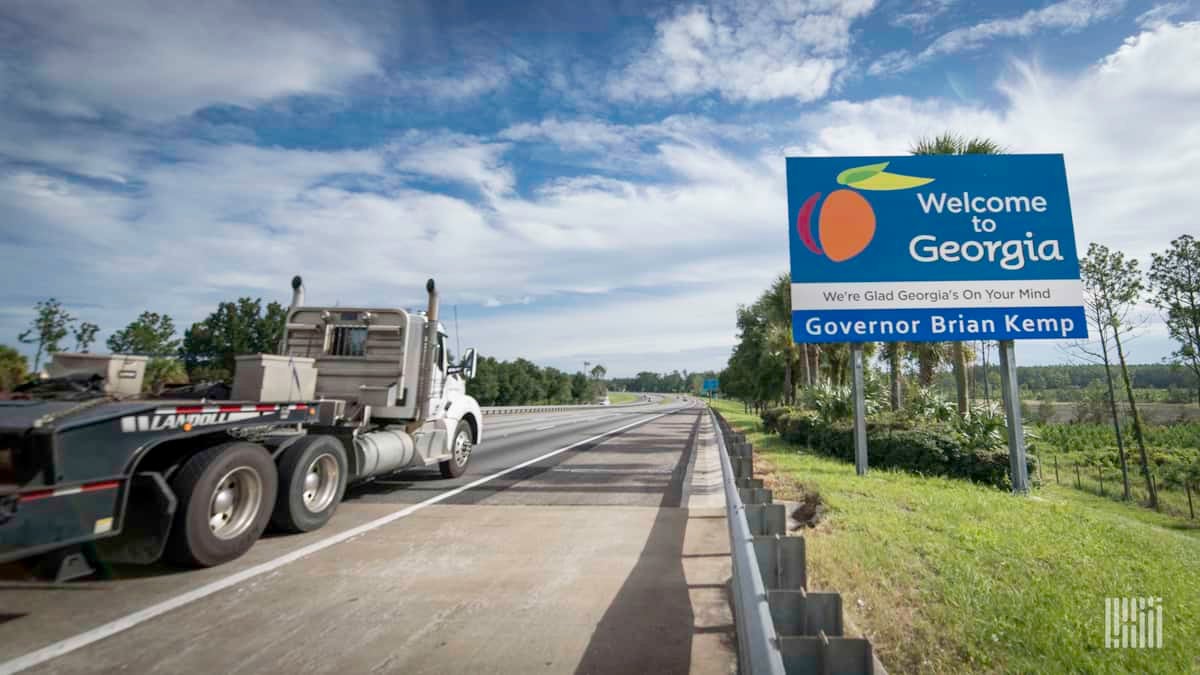The state of Georgia, one of the first states to suspend the collection of motor fuel taxes in the wake of last year’s spike in oil prices, phased them out effective Tuesday.
Gov. Brian Kemp, who first suspended collections in March, had been extending the suspensions on a month-to-month basis since last summer. Kemp announced in December when he ordered the latest one-month extension that it would be the last. He said at the time that he would focus on passing legislation for property and state income tax relief.
On Tuesday, the state resumed collecting diesel and gasoline taxes from wholesalers and distributors. The diesel tax, which had been 32.6 cents a gallon, will increase by 3 cents a gallon as of Wednesday. Motor fuel taxes in Georgia are paid to the state by fuel distributors and not by local gas stations. The gap between when distributors pay for taxed fuel and when the fuel reaches the pump means that fuel prices will rise based on the fill-up point.
The increase in diesel and gas taxes is based on an annually adjusted formula that takes into consideration the fuel efficiency of vehicles registered in Georgia, as well as the cost of highway construction.
The motor fuel tax suspension is expected to cost the state around $1.7 billion, according to an online report from public station WABE. The governor and lawmakers are expected to use some of the state’s budget surplus to backfill accounts used for road maintenance and projects, according to the report.










